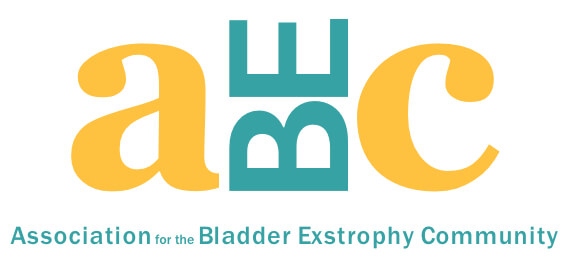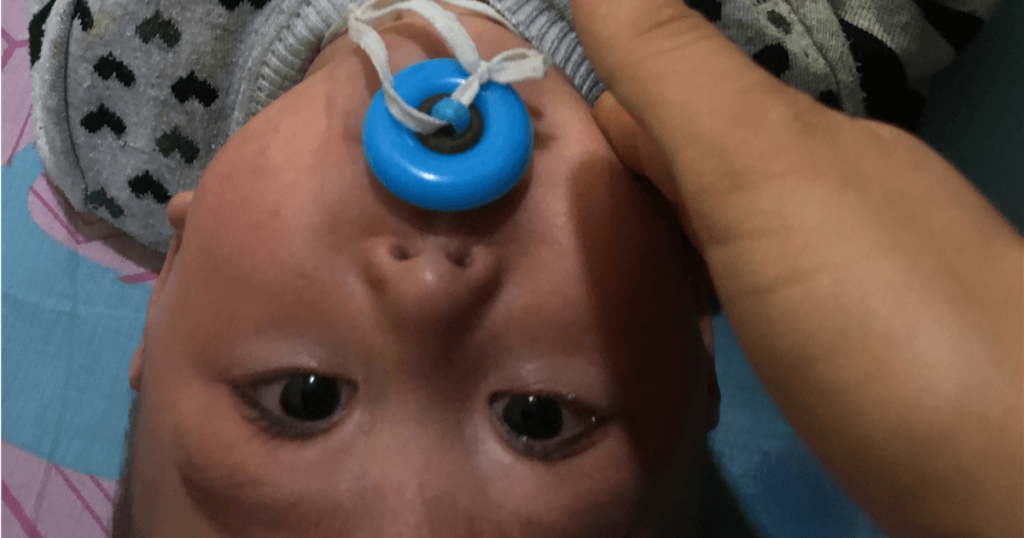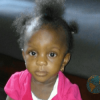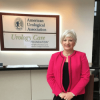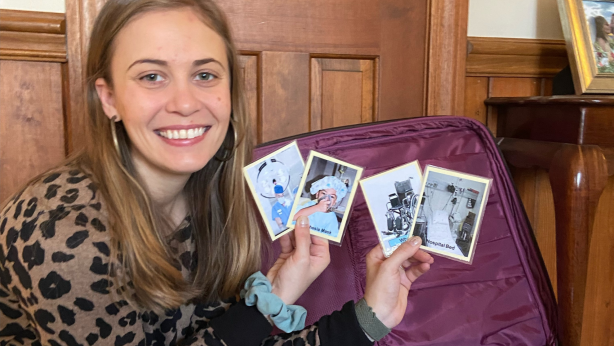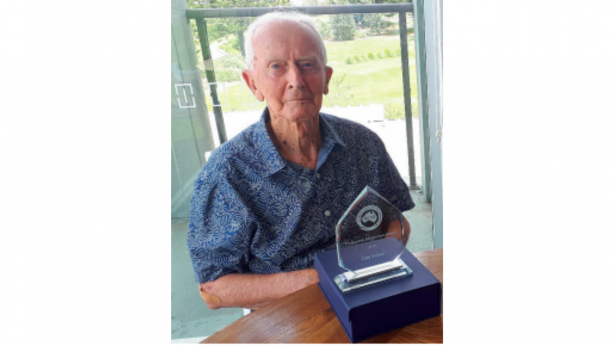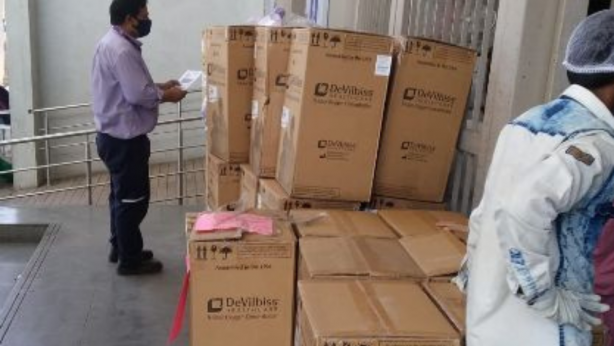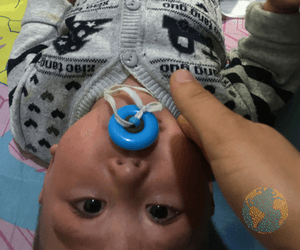
Sabyr’s journey from Central Asia to a center of excellence for bladder exstrophy
Sabyr’s family hopes that one day their son will be able to sit up on his own and maybe, if he is lucky, he will even walk. But for now, the family is looking forward to October 19th, when the 19 month old from Central Asia will travel to Sidra Medical and Research Center and Hamad Hospital in Doha, Qatar for the first in a long line of surgeries to correct his bladder exstrophy.
Sabyr was born in a small village where medical facilities lack even basic ultrasound technology. Before he was born, his parents weren’t able to learn whether they were having a boy or a girl, let alone that he would be born with a rare congenital abnormality.
“When Sabyr was born,” says his mother, “I didn’t know if I should be happy that I was finally holding my baby in my arms or cry that he is not a healthy little baby as I had imagined it.”
The family had to travel to the capital before they learned Sabyr’s diagnosis. There, they consulted with several urologists. None would even attempt to treat his condition. His bladder exstrophy is fairly complex and will require multiple surgeries to correct. This is compounded by the fact that in the months after his diagnosis, local doctors did not recognize the severity of his constipation, a common problem of bladder exstrophy. His constipation had become so severe, in fact, that the first attempt to close his bladder in India last January had to be delayed while this complication was dealt with. The family was sent back to their small village while the international team of exstrophy experts discussed the best place for Sabyr’s treatment.
A lack of safe surgical care
Sabyr’s family recognizes how fortunate they are to have found the Association for the Bladder Exstrophy Community (A-BE-C), who coordinated with Qatar Foundation and the Global Care Team at Sidra Medical and Research Center and Hamad Hospital in Doha on his complex case.
Nearly five billion people worldwide do not have access to safe surgical care. This results in over sixteen-million preventable deaths each year. In low-income countries, children born with complex medical conditions often have very few, if any, options. A treatable condition like bladder exstrophy can easily become fatal.
A family’s hope for the future
Sabyr has a long road ahead. Even with the proper treatment he will soon receive, his family fears that his condition will hold him back and make him feel like he doesn’t belong. But thanks to A-BE-C and the Bladder Exstrophy Global Care Team, they have a renewed belief that their son might one day “go to school, make friends, and live a happy life, where he doesn’t feel different from anyone.” “It gives [us] so much hope for a better future,” says his mother. And after all, she says, “there is nothing more you wish for your child than a better future.”
 A global need for centers of excellence
A global need for centers of excellence
Sabyr and his family are not alone in their struggle to find proper care for a child born with bladder exstrophy. With your help, children born with bladder exstrophy in developing nations will be able to receive proper care at Sidra Medical and Research Center and other centers of excellence. They will not have to endure the long and painful journey that Sabyr and so many children like him have faced.
